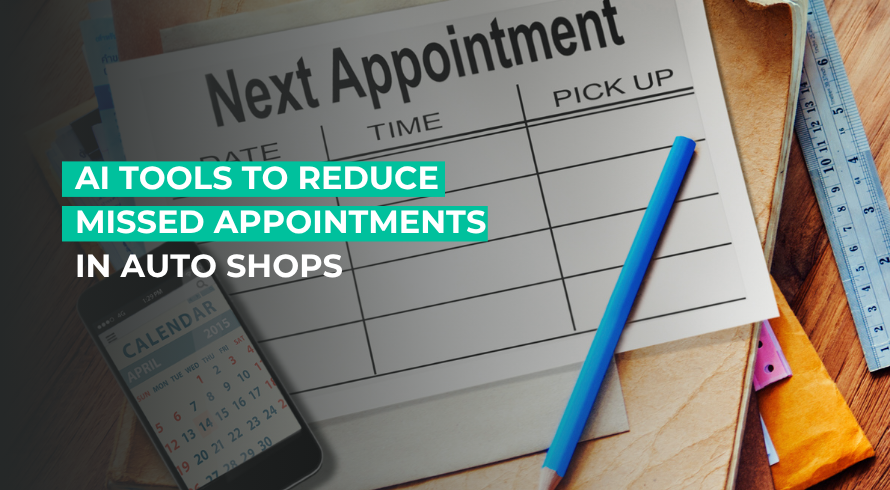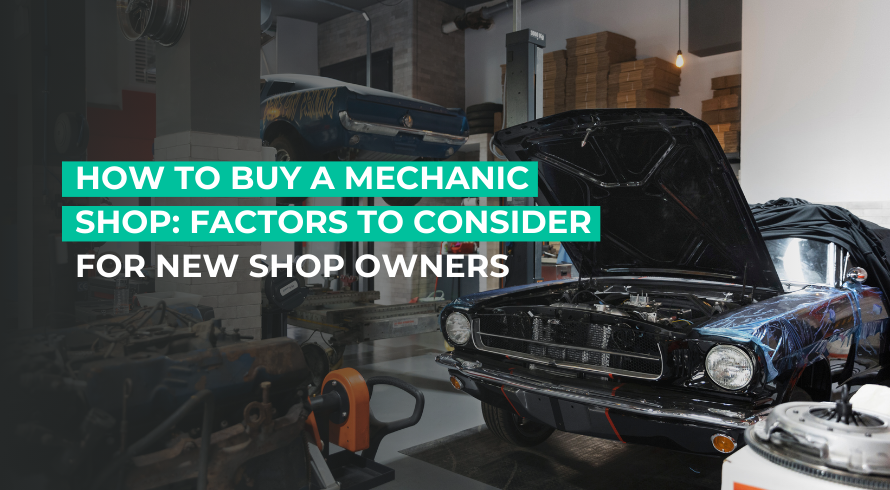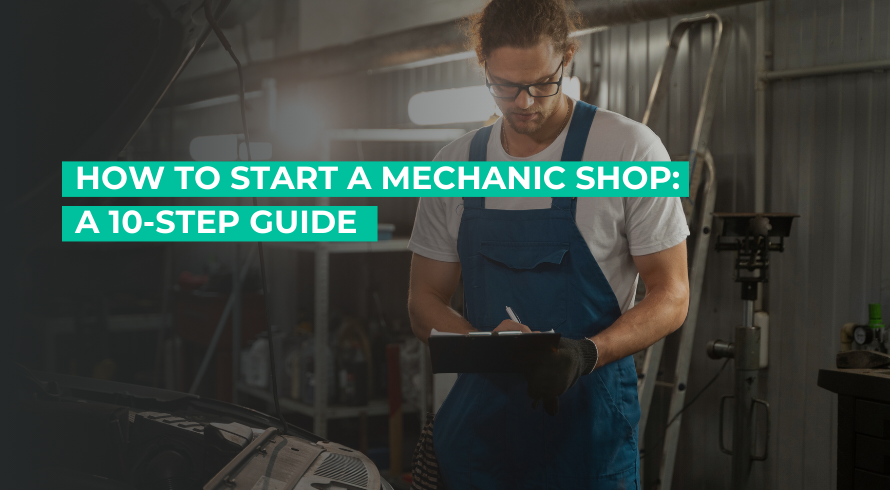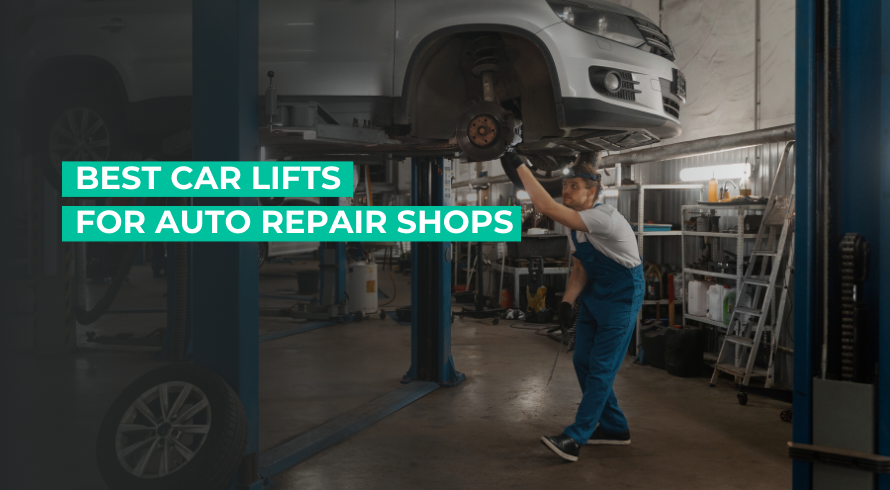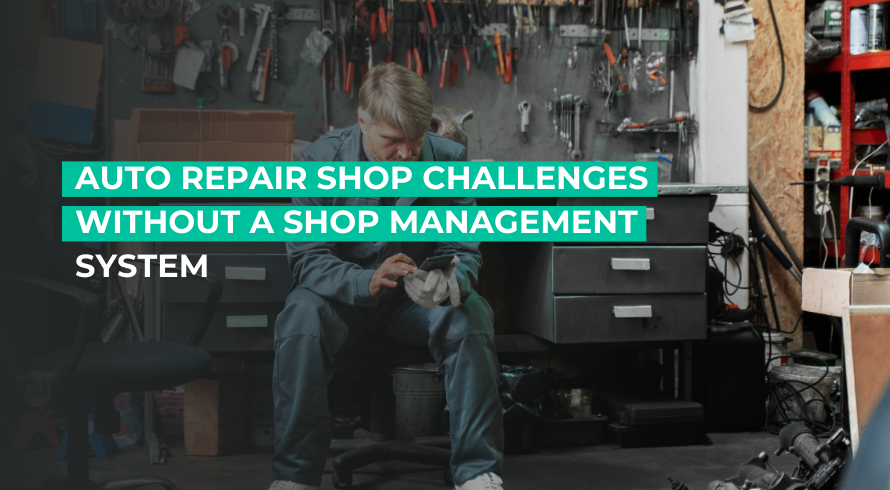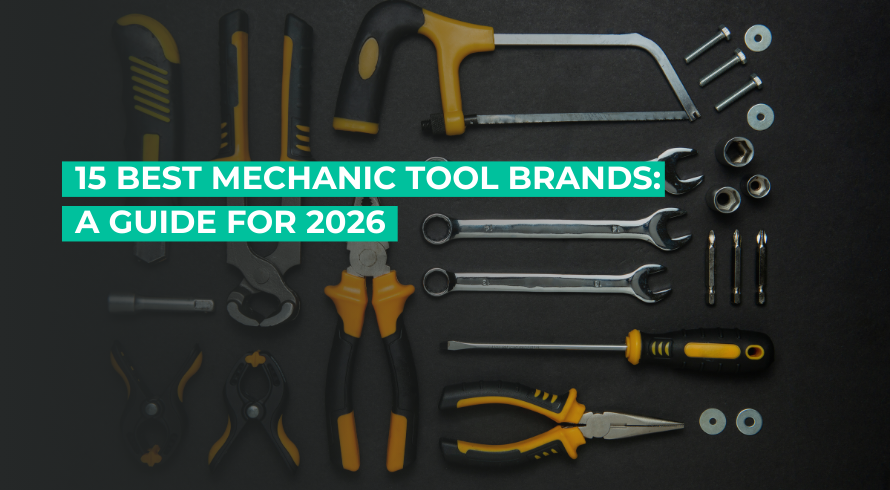AutoLeap Blog
Your go-to resource for industry news, trends and business advice
Featured Blog
Every minute is crucial for a thriving auto repair business. But despite all their efforts, shops often lose out on revenue from missed customer calls or when customers fail to show up for scheduled appointments.
-
 Dua Fatimah
Dua Fatimah
- Published
- Business Advice, Tips
Have you ever had your car break down and wondered whether to go with the manufacturer’s parts or explore other ...
- Published:
- Business Advice, Tips
Performing oil changes safely requires preparation, the right tools and equipment, and following a few non-negotiable safety protocols. Techs rushing ...
- Published:
- Business Advice
Buying an auto repair shop is a significant investment that’ll set you back anywhere from a few hundred thousand to ...
- Published:
- AutoLeap Features, Tips
There are many shop management software available in the market today. How do you know which one is the best ...
- Published:
- Business Advice, Tips
How to start an auto repair shop? What do I need to open a mechanic shop? If you ponder these ...
- Published:
- Business Advice, Tips
Are you ready to install a new car lift in your auto repair shop? You came to the right place! ...
- Published:
- Business Advice, Tips
Your auto shop is busy. You’re scheduling appointments, servicing customers, inspecting vehicles, communicating with your customers, and doing so much ...
- Published:
- Tips
Have you ever wondered how some auto repair shops run so smoothly and efficiently? While others struggle with daily chaos? ...
- Published:
- Business Advice, Tips
Your auto shop has multiple cars coming in for all sorts of repair and maintenance work. From oil changes, tire ...
- Published:
Advice delivered to
your inbox



